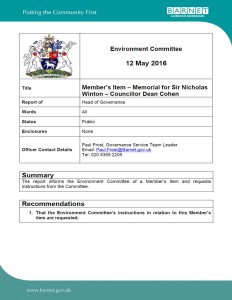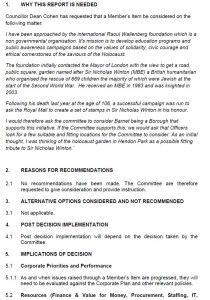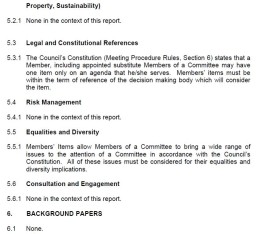The NGO chaired by Eduardo Eurnekian proposes to name a public location after WWII hero, Nicholas Winton
In 1938, Nicholas Winton, born May 19, 1909, worked as an employee of the Stock Exchange, in the English town of Maidenhead, Berkshire. Days before Christmas, he was finalizing the details of a vacation trip to Switzerland. But a phone call scuppered his plans to ski in the Alps and changed his life forever.
A friend who worked on a committee to help adult refugees from Czechoslovakia partially invaded by the Third Reich, asked him for help. Winton traveled on his own to Prague, stayed in a hotel and after a few days he realized that there were no specific plans to save the lives of children. Then, he contacted Refugee Children’s Movement (RCM) in London, which brought together Jews, Quakers and various groups of Christians whose mission was to get accommodation and money to help European refugees persecuted by the Nazis.
On November 21, 1938, shortly after the pogrom of Kristallnacht, the House of Commons of the United Kingdom passed a measure that would allow to receive refugees under 17 who didnt have a place to stay by depositing £ 50 per child, as security for payment of the return ticket. In nine months Winton managed to evacuate 669 children from the Wilson station in Prague in eight trains to London.
Among those saved was Karel Reisz, ultimately devoted filmmaker, author of the award winning film “The French Lieutenant ‘. Today it is believed that there are more than 5,000 so-called “Winton children”, descendants of those saved by Sir Nicholas. A ninth train with 250 children was due to depart on September 3, 1939, but the same day the United Kingdom declared the war on Germany. The train did not abandon the station and the children were never seen again.
Nicholas Winton died on 1 July 2015, a the age of 106.



